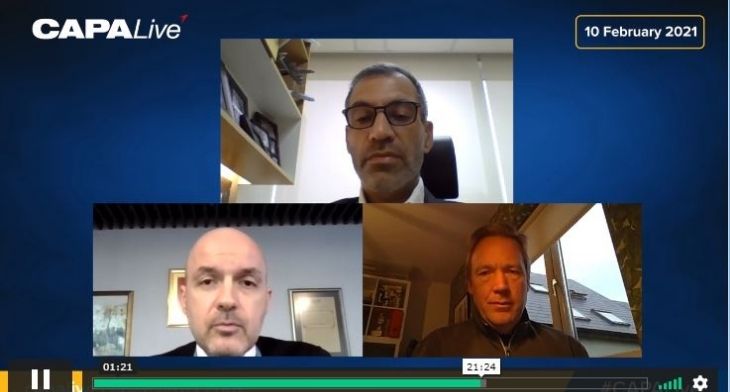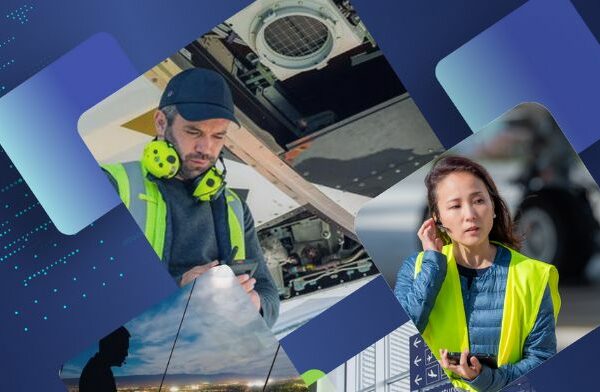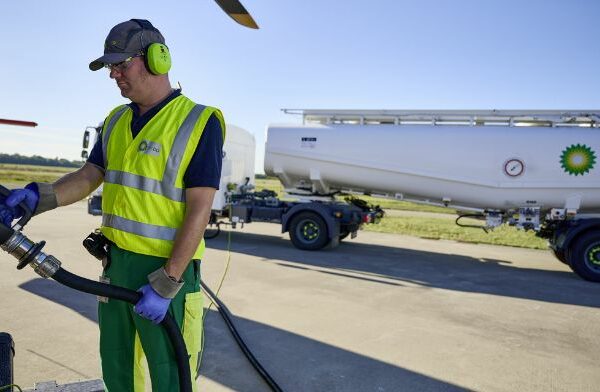


While we have encountered crises in the past, nothing compares to the impact of the global pandemic on the aviation sector. However, lessons have been learned and we should remain hopeful for the future. That was the messaging during a discussion between Kadri Samsunlu, CEO Istanbul Airport, and Ken OʼToole, Chief Development Officer at Manchester Airports Group (MAG), during the CAPA Live EMEA Airport leaders panel on Wednesday 10 February.
Describing the last 12 months as a ʻblack swan eventʼ, Samsunlu said: “It’s astonishing to see how passenger numbers have collapsed back to traffic levels last seen in 2000. We’re all trying to manage the current crisis and see when the recovery will really commence and when we will see that light at the end of the tunnel.”
While big airports have been able to generate some business, Samsunlu underlined that small and regional airports are really struggling with the lack of aeronautical and non-aeronautical revenue streams.
“As operators we need to be flexible,” he said. However he also underlined that one take-away from this crisis is that “a multi-lateral framework should have been put in place much faster.” He added, the current lack of such a framework has led to far greater suffering across the global airport community. “I would like to see greater cooperation going forward and in preparation for when the next pandemic comes,” Samsunlu added.
Acknowledging that MAG (which operates Manchester, as well as London Stansted and East Midlands airports in the UK) has lost a third of its workforce with passenger traffic down around 90%, OʼToole agreed that inconsistencies in government policies and travel restrictions have slowed the recovery of the aviation sector.
“There needs to be greater clarity on the recovery strategy and what health and travel measures need to be in place in order to get the sector back up and running. Right now we don’t have that,” he said.
Referencing the reduction in flight schedules for carriers around the world, Samsunlu said hub airports – which are geared up for getting as many people on each flight as possible – will fare better in a post-crisis world than those geared up for point-to-point operations. He also said that thanks to Turkey’s strong domestic market and a strong flagship carrier – Turkish Airlines – Istanbul has not fared as badly as some of its airport counterparts during the crisis.
Although Manchester and Stansted predominantly offer point-to-point operations, OʼToole pointed out that two-thirds of the UK population are within 1.5 hours of each of those airports, so it’s about the fundamentals of having a strong catchment and access to markets with a propensity to fly. “On the airline side, our view is that the strong players from the pre-pandemic landscape will be even stronger coming out of this. So alignment and strong relationships with the likes of Turkish Airlines and big LCC players across Europe will be critical for the recovery of airports and will complement that strong catchment,” he added.
And while OʼToole also underlined that there is a continual challenge between airlines and airports as to the differing perspectives on costs and fees, “cheapest does not necessarily mean most efficient”. Ultimately, he said, passengers have a choice which airport they travel from and the passenger experience is important to consider when factoring in the cost of operating from an airport.
Both Samsunlu and OʼToole agreed that contactless solutions, biometrics and investing in digital capabilities across the airport experience will be key to recovery and to restoring passenger confidence. Samsunlu also added that “while safety and hygiene will continue to be a top priority, some measures such as social distancing will be difficult for smaller airports to maintain once passenger traffic is at its peak again”.
Airports will also need to be more creative with how they use their space. MAG operates eight airport lounges in the UK and another 13 in the US and OʼToole said this is an area where the group is seeing more traction in terms of passenger demand and from airports wanting those additional facilities. And while the traditional model for retail and food and beverage concessions needs to adapt to a more digital distribution model, OʼToole believes passengers will still want this experience as part of their airport journey.
Concluding their discussion, both Samsunlu and OʼToole concurred that aviation is a resilient industry and that there is hope for the future.
“It’s been a horrendous 12 months and we’re not out of the woods yet,” said OʼToole. “But experience shows that aviation recovers and does so quickly. The lessons learned from the last year and the changes we’ve had to make will mean our operating and financial models will be stronger going forward.”
Listen, learn and keep looking ahead. Itʼs a good mantra for the coming months or possibly years!
Have a great weekend,
Chloë Greenbank
Editor, Regional Gateway






